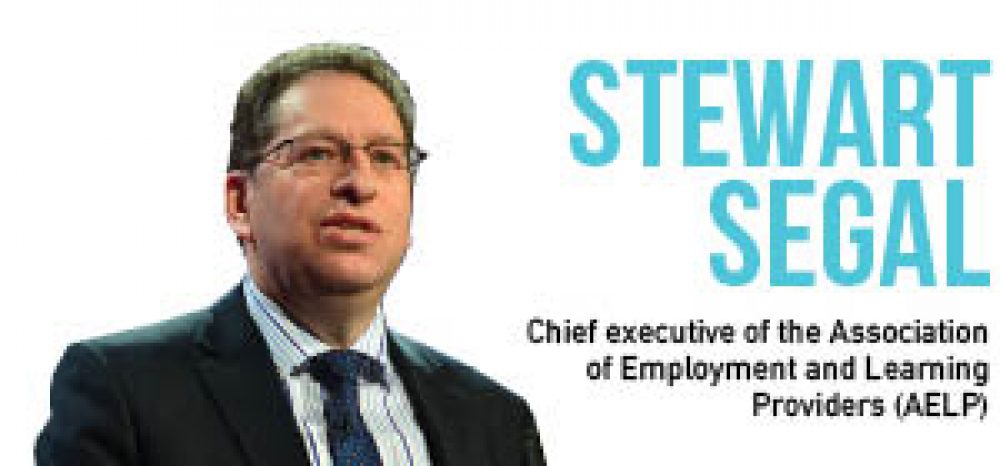The Association of Employment and Learning Providers was one of the voices opposing a minimum duration rule on apprenticeships, before the government said they had to last a year. Stewart Segal reviews the rule a year on.
The news that starts for apprenticeships lasting less than a year have fallen significantly during the last twelve months hardly came as a surprise — providers have responded to the drive to extend the length of apprenticeships.
Apprenticeships are a mix of different types of learning combined with real employment skills and experience, and providers have to adapt every programme to the employer and individual needs.
But the issue of quality is far more complex than simply a question of programme duration, and if we are serious about improving quality as a result of all of the apprenticeship reviews conducted over the last 18 months, then we need a wider discussion on the way forward.
Looking at the minimum duration rules first, we were not alone in seeking to keep some flexibility in terms of delivery. The House of Commons Business, Innovation and Skills Select Committee heard evidence from employers that they would like the flexibility for very talented apprentices to complete the programme in less than twelve months.
We support the need for combining different ways of learning on and off the job with time spent doing the job”
The MPs also listened favourably to our argument that experienced adult members of the workforce who could show their job competence should not have that element of the apprenticeship framework bound by minimum durations.
The committee was therefore right in our view to recommend that the government should keep the rules under review. Nevertheless, the government has applied different rules for 16 to 18 apprentices and 19+ apprentices.
For the former, programmes must last a minimum of 12 months without exception, while exceptional circumstances are allowed for apprentices aged over 19 to complete in less than a year, but this means that the provider cannot claim all of the funding.
We believe exceptions should be allowed for all ages and there are a number of reasons for this. In addition to the points that found favour with the select committee, there should be recognition of the framework elements that an apprentice has already accomplished.
This is particularly pertinent to the apprentice who has already achieved a level one or two in English and maths.
We feel that exceptions could also be given to apprentices who need to progress onto their level three, especially if a job promotion is involved. Other possible exceptions relate to the long-standing debate around the portability of apprenticeships.
If a learner is leaving their employer and needs to complete their programme, but is a few weeks away from the end-date, do we want to deny them the chance to complete? Allowance should also be made for an apprentice who changes jobs and has already started an apprenticeship in the previous role.
The government has not made its own recommendations about the future of the apprenticeship programme and therefore we should not be making recommendations on how the system should be funded until we understand the details of what the frameworks will be.
We support the need for combining different ways of learning on and off the job with time spent doing the job. Clearly time is an important factor, but having the flexibility to respond is all important.We believe this flexibility is key to driving the quality of the apprenticeship programme and this should continue to apply to the duration.
Stewart Segal, chief executive, Association of Employment and Learning Providers









Your thoughts